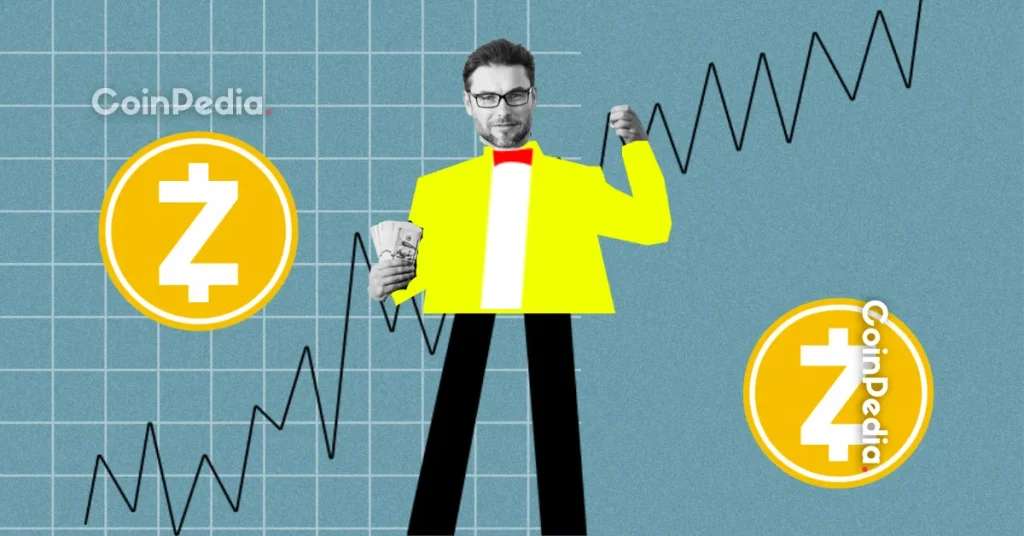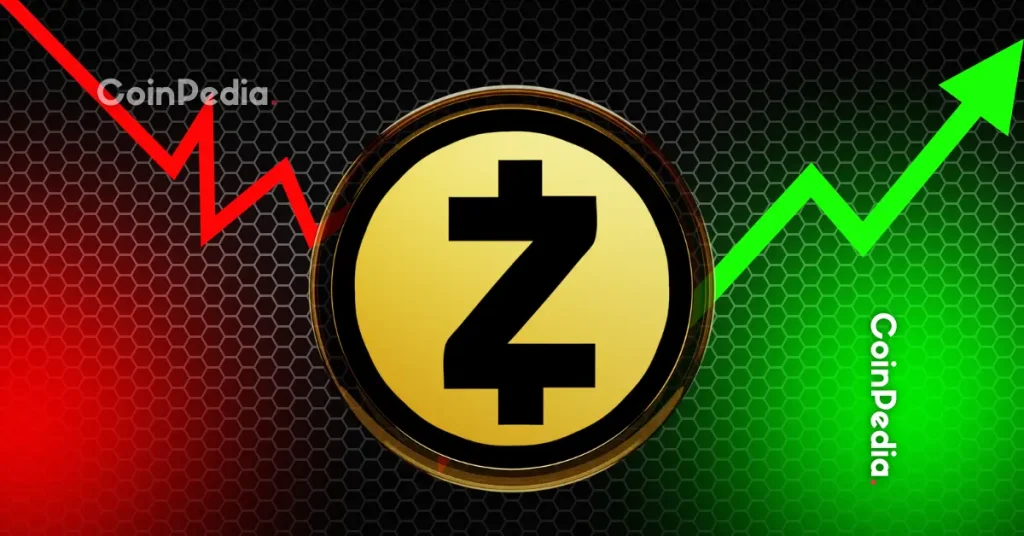ECB policy is strong enough to help offset any negative shift in the eurozone’s inflation prospects. As a result, they agreed there was room to maintain a steady hand until clearer economic signals emerge, according to the meeting accounts released Thursday.
The ECB kept interest rates on hold in September and even sounded a slightly optimistic note about the outlook for the euro area economy, suggesting that the bar is high for any further rate cuts despite remaining concerns about the effect of U.S. tariffs. At the time, Inflation was around the 2% medium-term target, and the Governing Council’s assessment of the inflation outlook was broadly unchanged.
“The current level of interest rates should be seen as sufficiently robust in managing shocks, in view of two-sided inflation risks and taking into account a broad range of possible scenarios,” the accounts of the meeting showed.
The new ECB staff projections presented an inflation outlook similar to that projected in June. They expected headline inflation to average 2.1% in 2025, 1.7% in 2026, and 1.9% in 2027. For inflation excluding energy and food, they expected an average of 2.4% in 2025, 1.9% in 2026, and 1.8% in 2027. The economy is projected to grow by 1.2% in 2025, revised up from the 0.9% expected in June. The growth projection for 2026 has been slightly lowered to 1.0%, while the projection for 2027 remains unchanged at 1.3%.
ECB adopts wait-and-see stance as markets rule out more rate cuts for 2025
Since the September meeting, the likelihood of additional rate cuts has further diminished, supported by moderate economic data and recent comments from ECB President Christine Lagarde, who suggested that the risks surrounding the inflation outlook are narrowing.
Markets now price in virtually no chance of a rate cut this year after a total of two percentage points of easing through June. Instead, traders see only a one-in-three probability of a final reduction in the first half of next year.
While policymakers agreed that the economic outlook would inevitably shift, they were uncertain about the direction. “Several” members warned that inflation could fall short of the ECB’s 2% target, while a “few” cautioned it might exceed it.
“The current situation was likely to change materially at some point, but it was currently difficult to know when and in which direction,” the ECB said. “There continued to be a high option value to waiting for more information.”
ECB stays cautious as easing hopes fade amid fragile European outlook
Despite this uncertainty, policymakers noted that incoming data largely aligned with their previous forecasts, and some of the worst-case risks had receded following a trade deal with the United States.
For now, the ECB plans to monitor the evolving effects of tariffs, ongoing economic uncertainties, and other potential risks—including a stronger euro, Chinese dumping practices, a possible U.S. market correction, and rising defense expenditures.
Still, investors believe the door to further easing hasn’t completely closed. Economic fragility persists across major European economies. France faces domestic turmoil, while Germany’s industrial production and exports to the U.S. are plunging. Household savings are climbing, private consumption remains sluggish, and corporate profits continue to shrink.
Get up to $30,050 in trading rewards when you join Bybit today
















 English (US)
English (US)